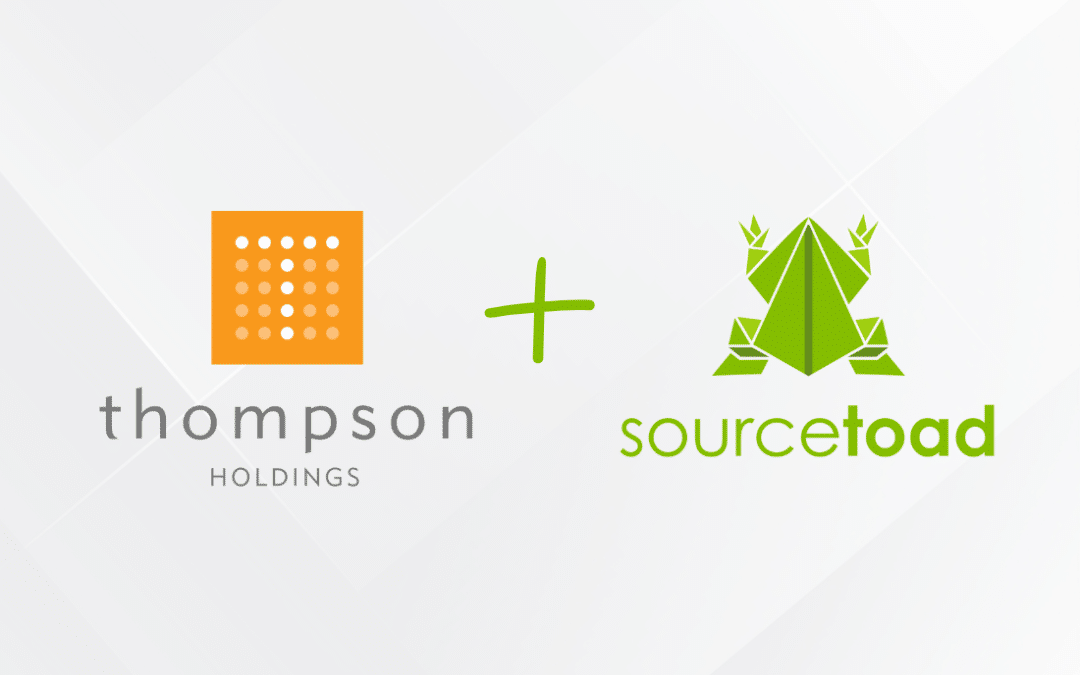
Apple and the EU’s Digital Markets Act
In light of the European Union’s new Digital Markets Act (DMA), Apple’s recent update to its App Store policies has introduced two different licensing models for developers and companies operating within the EU. Let’s break down these options and examine Apple’s intentions, as some of these changes appear to be punitive choices by Apple rather than good-faith efforts to comply.
Original License Model
Under the original license model, developers submit their apps to Apple’s App Store and pay a commission of up to 30% on all digital sales, including in-app purchases. This model has been the standard since the App Store’s inception. In 2020, Apple introduced a Small Business Program as well, which offers a reduced commission rate of 15% to eligible businesses.
The commission structure is meant to provide developers with access to Apple’s vast user base, security checks, and a streamlined distribution process. However, it also means Apple retains a significant portion of the revenue, a point of contention among developers who argue it’s an excessive fee that stifles competition and innovation.
New License Model
In response to the DMA, Apple has introduced a new licensing option. This new model theoretically allows developers to bypass the up to 30% commission fee by using alternative payment systems or distributing their apps through competing app stores.
However, the new licensing model comes with a catch: a new fee structure, including a charge for every download above a certain threshold, even without using Apple’s distribution and payment services. For example, even if you don’t sell digital goods and services in the iOS application and offer the application for free, a new Core Technology Fee has been introduced for over 1 million installs annually. Critics argue that this move offers a semblance of compliance with the DMA while effectively discouraging developers from exploring alternative distribution and payment methods.
Skepticism Around Apple’s Intentions
The skepticism towards Apple’s intentions with these new policies stems from a few key observations:
Complexity and Cost: The new license model, with its additional fees and rules, appears to complicate rather than simplify the process for developers seeking more autonomy from the App Store. This complexity could deter developers from opting for alternative distribution methods, ultimately keeping them within Apple’s ecosystem and under its fee structure.
Control Over the Ecosystem: By making the new model potentially more expensive and cumbersome, Apple seems to be safeguarding its control over the app distribution ecosystem. Critics argue that this approach undermines the spirit of the DMA, which aims to foster competition and give consumers more choices.
Economic Deterrents: The introduction of a download fee for apps choosing the alternative model could significantly impact developers, especially those offering free apps with high download volumes. This fee structure seems designed to ensure that staying within the traditional App Store model remains the most financially viable option, thereby limiting the effectiveness of any real competition.
Questionable Compliance: While Apple states that these changes comply with the DMA, the skepticism also arises from whether these moves genuinely meet the regulatory intent of increasing competition, or if they’re merely superficial adjustments to maintain the status quo under the guise of compliance.
In summary, Apple’s new licensing models present a choice on paper, but the underlying structure and fees of the alternative model raise doubts about the real intention behind these changes. Critics suggest that these policies are strategically designed to keep developers and consumers within Apple’s controlled ecosystem, subtly undermining the DMA’s goals to democratize the digital marketplace in the EU.
At Sourcetoad, we use our technology expertise and strategic thinking to help you navigate the increasingly complex world of digital business. If you have questions about how EU regulations and Apple’s new policies may affect your mobile app, please don’t hesitate to get in touch!


